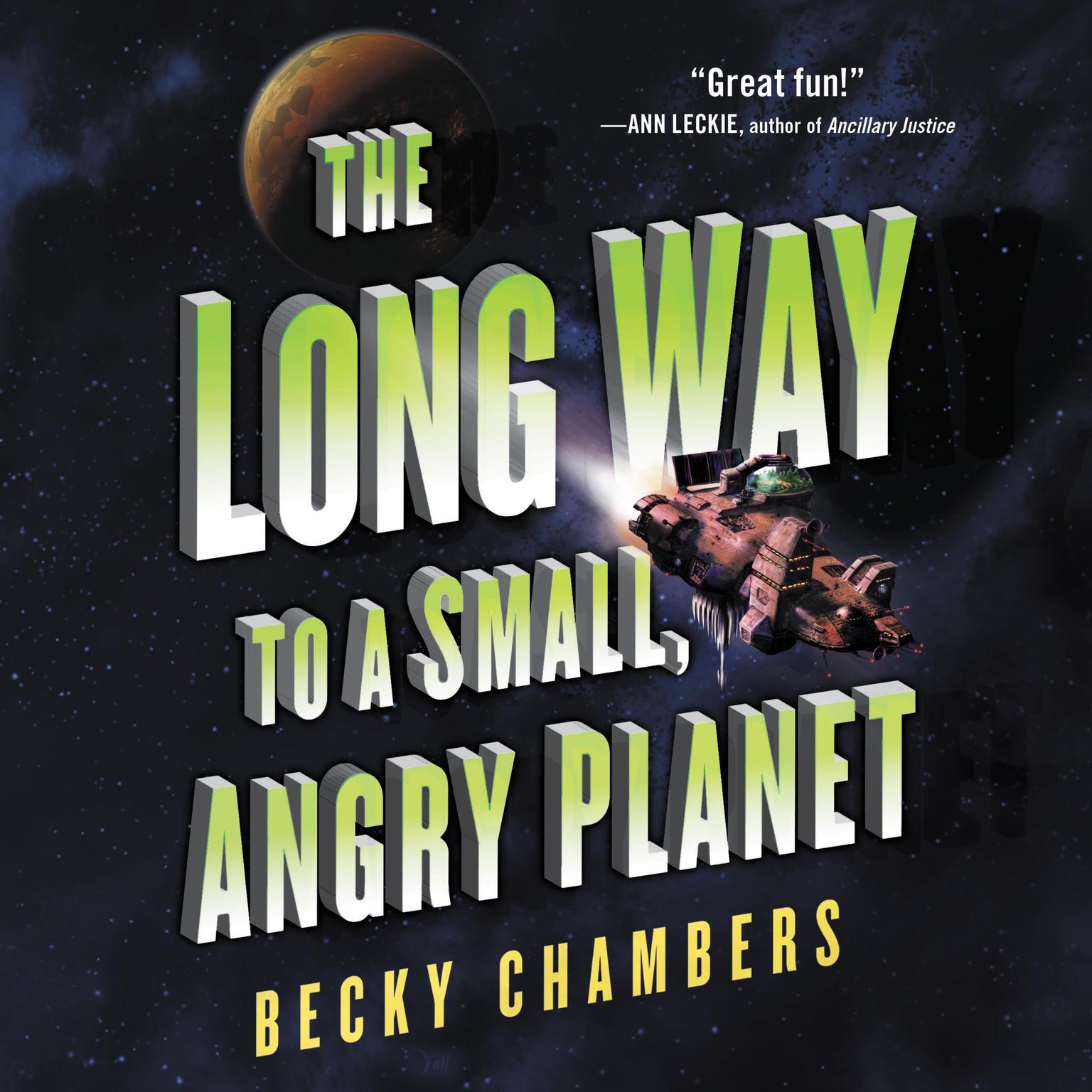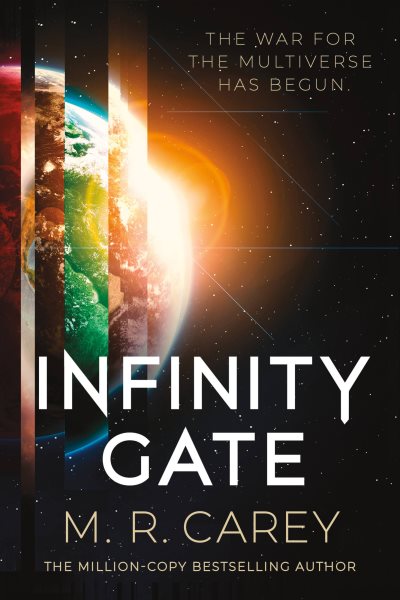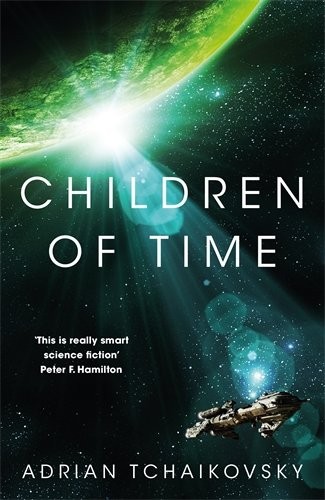Derek Caelin finished reading Network Effect by Martha Wells (The Murderbot Diaries, #5)

Network Effect by Martha Wells (The Murderbot Diaries, #5)
Murderbot returns in its highly-anticipated, first, full-length standalone novel.
You know that feeling when you’re at work, and you’ve had …



















![Patrick Abbott: Airship (1973, Adams & Dart [distributed by] Jupiter Books [London)](https://bookwyrm-social.sfo3.digitaloceanspaces.com/images/covers/eabf49f1-d624-40e6-887f-98a302201fb2.jpeg)